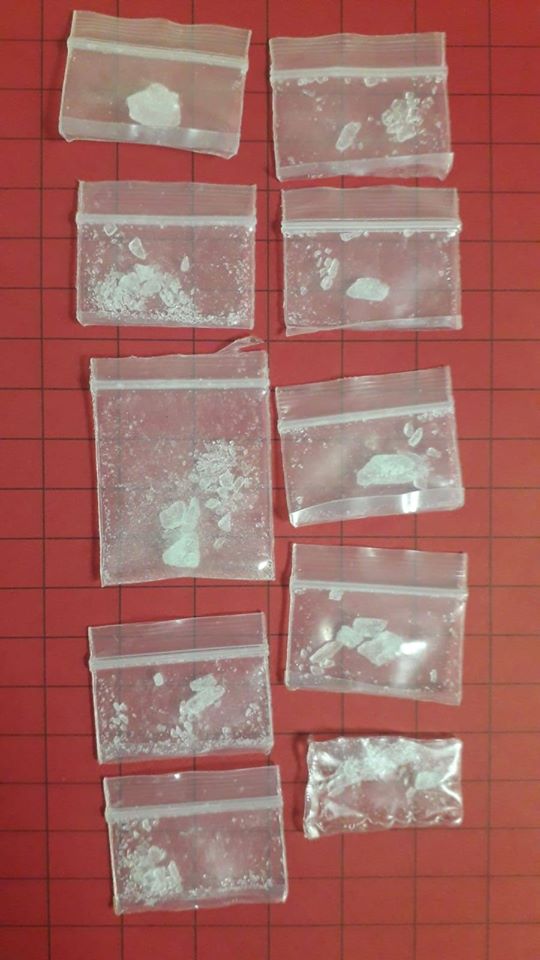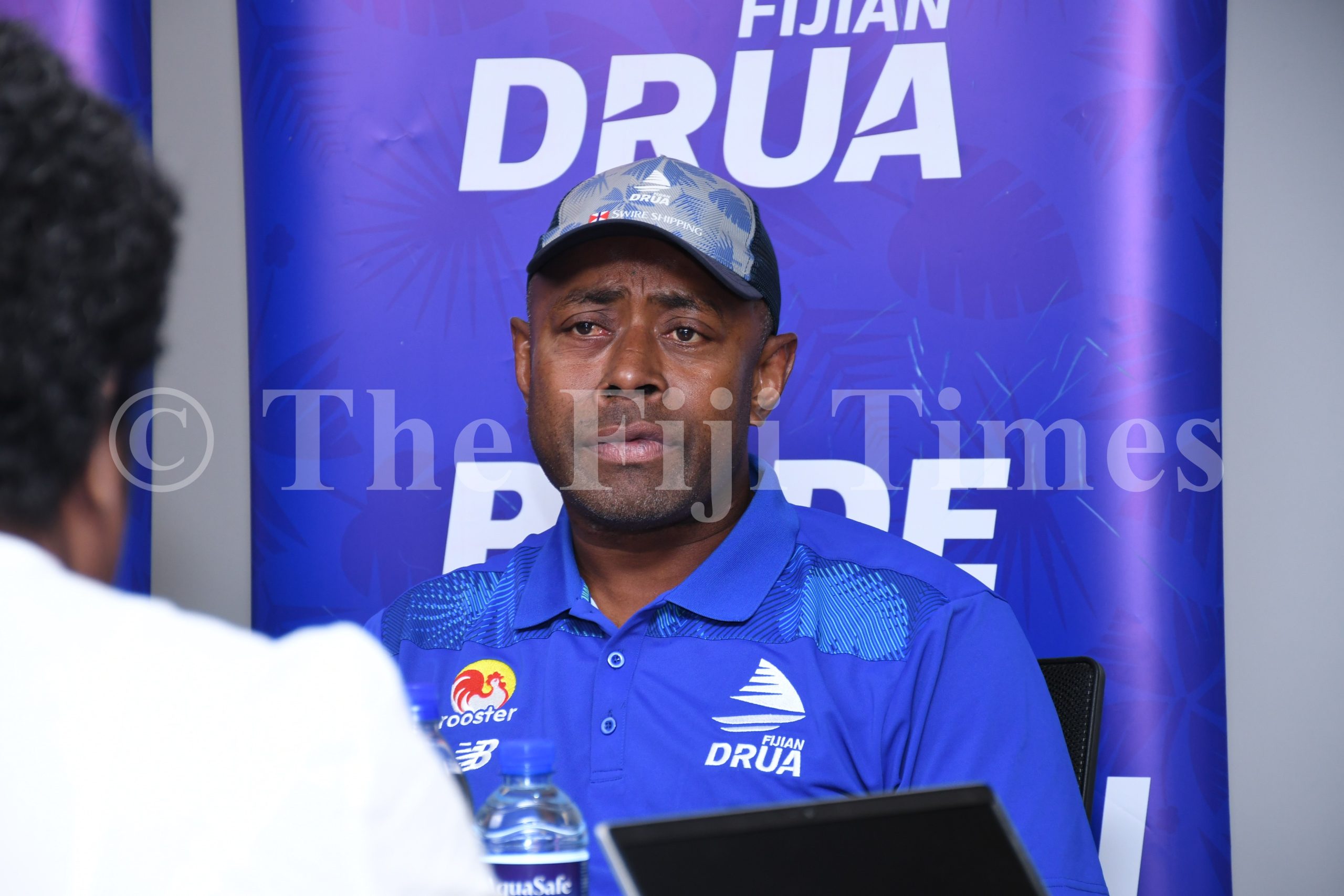Russian novelist and short-story writer, Fyodor Dostoevsky, who had an immense influence on 20th-century fiction, wrote that: “The degree of civilisation in a society can be judged by entering its prisons.”
Somang Correctional Institution is South Korea’s first and only non-profi t penitentiary in Asia that is privately run. It opened in December 2010 and was built by the Agape Foundation Christian charity organisation.
The prison is located in the mountainous area of Yeoju-gun, Gyeonggi Province about 40km east of Seoul. It is capable of accommodating up to 400 inmates. They are transferred from other prisons nationwide, with convictions for murder, robbery and rape.
Inmates at the prison usually serve sentences of less than seven years or have less than a year remaining on longer terms. The recidivism rate at Somang is 5.0 per cent, a quarter of the national average (20-24 per cent). Of particular note is that none of the 88 released former sex offenders who received personality and character building education at Somang has been readmitted. Somang offi cers work towards a recidivism target of 4 per cent. Offi cers at Somang say that their focus is on treating inmates humanely.
They attribute their low recidivism rate to their relational humane faith-based approach to prisoners. They have seen that traditional methods of prisoner rehabilitation have come to a dead-end. That is why they believe that awakening the basic need within inmates to be respected as human beings is the key to ensuring their rehabilitation succeeds.
Their approach is based on Christian principles of restorative justice which has been pioneered by Prison Fellowship International worldwide, Prison Fellowship Fiji offers the same programs. As an NGO, Prison Fellowship International maintains Consultative Status (Category II) with the UN Economic and Social Council and is an active participant in the Alliance of NGOs on Crime Prevention and Criminal Justice.
The Agape Foundation like Prison Fellowship is a “pan-denominational” Christian group and is the driving force behind the running of this prison. Somang prison has successfully reduced its recidivism rate to 5 per cent through correctional character building programs based on Christian principles. Agape models its program after APAC, the Brazilian model of faith-based prison communities such as the Humaita Prison in Brazil, where recidivism is about 4 percent. Some national Prison Fellowship ministries are adapting their own APAC projects around the world.
Somang means hope in Korean. It is interesting to note that the system of this prison is designed to provide a high level of humanitarian behaviour toward inmates. Guards address prisoners by name where guards and prisoners eat meals together in a clean dining hall. It is a tradition that the warden hands out warm hugs instead of threats of punishment for violations of disciplinary rules.
I was privileged in October of 2018 to visit Somang as part of a delegation consisting of participants from the Asia Pacifi c Region representing national chartered ministries of Prison Fellowship International.
On our arrival at Somang Correctional Institute, we visited rooms where therapy, music, and life skills classes are held, and we also visited a theatre, a convenience room and a fully equipped residential suite built for family visits, there were also rooms where inmates go through “cultural care” clinics and vocational training programs.
The prison is run by 114 paid staff members and 151 volunteer workers. About 600 professional volunteers in various fields offer religious training, mentoring support or counselling, supervise reconciliation programs between inmates and their victims based on Prison Fellowship Internationals restorative justice program which we were privileged to witness during our visit. As part of our tour we visited the dining hall, which can accommodate up to 160 people. Lunch was served to us by the inmates and we were told that the guards and inmates eat the same food. At a woodworking shop, we witnessed prisoners working hard carrying and cutting timber and in another workshop we witnessed prisoners making artefacts which would be sold in a shop in Seoul. After inmates are released, the Agape group helps them fi nd employment, and their supporters and churches help them adapt to society.
They are released with the life skills needed to reintegrate back into the community and are able to provide for themselves and their families as law abiding citizens. John Dublin, Professor of Politics and Public Affairs at Princeton University, said; “It’s remarkable how much good empirical evidence there is that religious belief can make a positive difference. It is intellectually irresponsible to ignore the ‘faith factor’ in tackling social problems”.
We all want to have a sense of identity and to be known by our beliefs, culture or associations. Yet this is often limited, rigid and fixed and maybe we need to move towards something that is more fluid; where we all see ourselves as belonging, bringing the “faith factor” where everyone belongs to God and where we are all a part of humanity.
Dr Joseph Evoy who studied rejected individuals in counselling settings said.
“The greatest terror a child can have is that he is not loved and rejection is the hell he fears. I think that everyone in the world to a large extent has felt rejection and with rejection comes anger and with anger some kind of crime in revenge for the rejection and with the crime guilt and there is the story of mankind.” One can identify from Dr Evoy’s studies that crime is a result of a broken relationship where one no longer has a sense of belonging. Social ills in all its multi-faceted forms have its roots in broken relationships on all levels.
As an ideal model; restoring broken relationships needs to begin in the home environment for its ripple effects to be felt within the community, nationally and globally, but we do not live in an ideal world as our home environment has many challenges with regards to relationships. Society as we know it has changed dramatically where in this digital age Fiji has more than 500,000 users on facebook alone.
Social media in Fiji has become an integral part of our daily lives where we probably have a closer relationship to our electronic devices and our virtual friends than with real friends and family.
What I learnt on my visit to Somang is that the model of a relational humane faith based approach is something that society can learn from.
It has worked effectively for the past 10 years in a controlled environment like Somang.
Applying these relational humane faith based principles in restoring broken relationships in our prisons, families and communities can help us work towards a safe and better Fiji.
Taniela Savou is the executive director of Prison Fellowship Fiji. The views expressed are the author’s and does not necessarily reflect the views of this newspaper.






